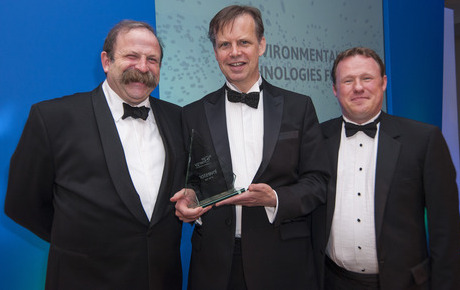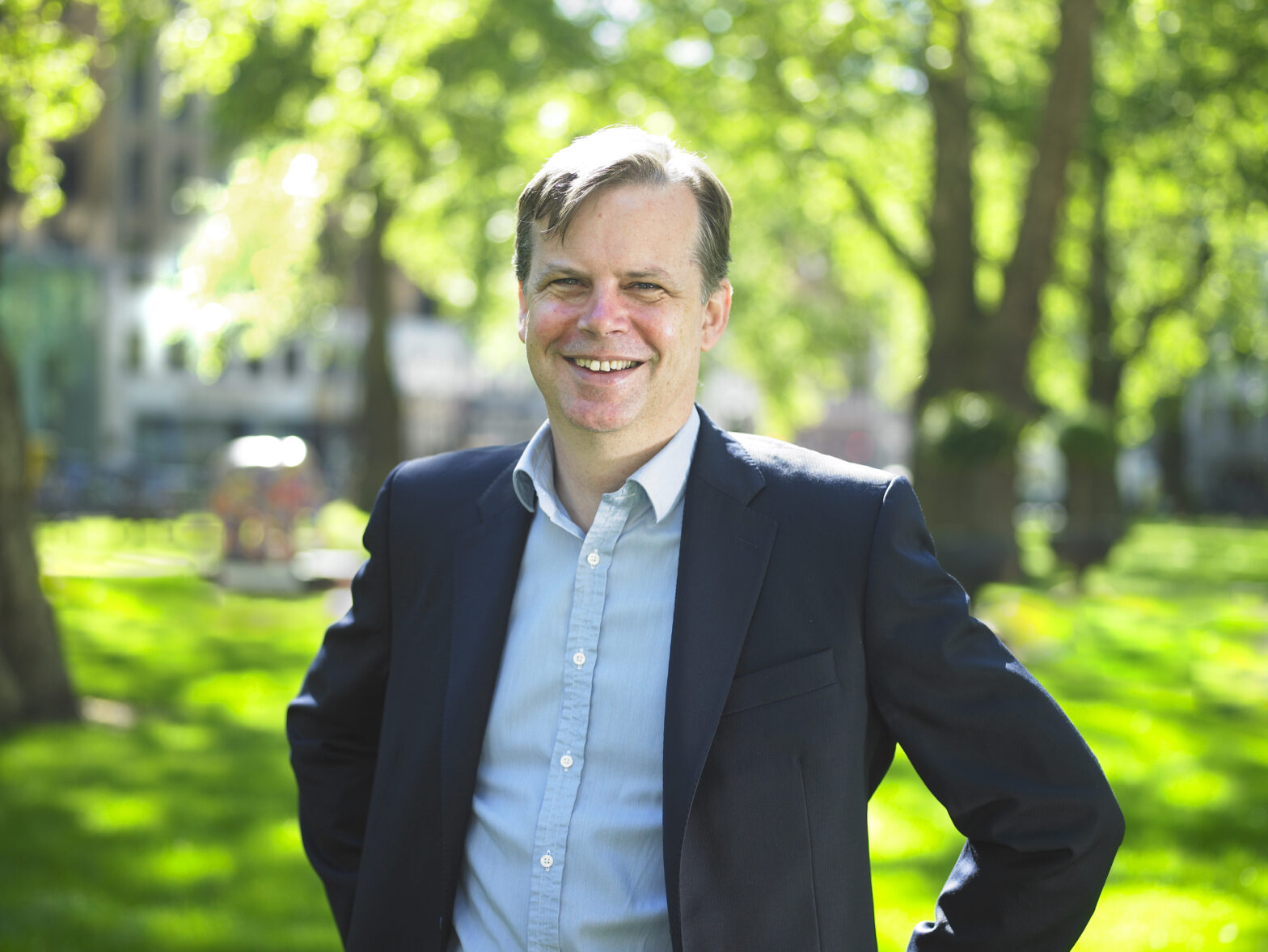Fresh from picking up Investor of the Year at the New Energy & Cleantech Awards, GrowthBusiness speaks to the Environmental Technologies Fund and managing partner Patrick Sheehan to find out why the firm’s approach is working.
After raising its first fund at the beginning of the financial crisis, the Environmental Technologies Fund has gone back to its existing supporters as well as recruiting some different ones for its new fund.
Its investment activity has seen it add the likes of wireless network energy saving business Nujira and data centre cooling venture 4energy to its portfolio.
The firm’s focus has always been to back rapidly growing European companies with global aspirations delivering big environmental benefits. To discover what the recent standout achievements have been and gain an insight into the coming year, we spoke with founder and managing partner Patrick Sheehan.
(1) What have the big moments of the last year been?
Most noticeably we completed a fundraising in excess of £60 million for our Fund 2 which is now up and running. We’re also continuing to secure extra for that. So far we are seeing very good companies, it’s a great time to be investing in them.
On the portfolio side, overall it has had a good year and we can see it coming out of the recession strongly. Metalysis recently raised in excess of £12 million. It’s very exciting as a revolutionary technology that could transform the metals industry. Also, Nujira raised approximately $20 million as pre-AIM IPO funding round.
More generally we’ve seen our companies grow strongly in aggregate in last 12 months.
(2) How has the cleantech market changed for investing in recent years?
Our focus within the sector has been on resource efficiency. We think that is a very attractive area within the whole space for the obvious reasons you are directly saving people money and the returns you can get from investing capital tend to be potentially higher than energy generation.
Looking broadly, the big fears have been variations in government subsidies and support regimes which over the last few years have at times been accelerating and at times dampening. But we do see the big industrial world of resource efficiency remaining attractive – so we’re very optimistic. It’s very much a global phenomenon, and we’re seeing Asian countries gathering pace and interest.

Patrick Sheehan was on hand to pick up the Investor of the Year prize
(3) What are you looking for from investment opportunities?
We are looking for companies that have started to sell product and are looking for capital to expand at that point. Resource efficiency is deliberately a very broad term, but an area of particular interest is the convergence of intelligence and energy – where technology meets the green agenda.
We’re also seeing materials and materials companies remaining as interesting area, and we will shortly be announcing a couple of new investments: one from materials from waste and one from green IT. So those are two very attractive areas. As a third leg, we like industrial efficiency solutions where there are a range of novel technologies and applications.
(4) How did the fundraising go?
We were pleased we have a mix of existing investors coming back in with bigger cheques and also some new interesting investors – so a good blend. For our new fund we are trying to expand our investor base so not just UK-based pension funds and the kind, but also securing a more international flavour by looking outside of Europe. After all, the companies we back are increasing exporting globally.
Compared to our last fund it is quite a different environment. We first raised our prior fund just before the Lehmans collapse, and so very different circumstances to now. But people now still like the environmental agenda when they believe it will lead to healthy profits.
(5) Is cleantech more suited to venture than other sectors?
Within areas we focus on we are seeing a lot of innovation and those companies have a level of opportunity that does require equity support. We are seeing some good opportunities from companies that don’t necessarily have enough access to capital. In my opinion there is lots more opportunity than capital.






